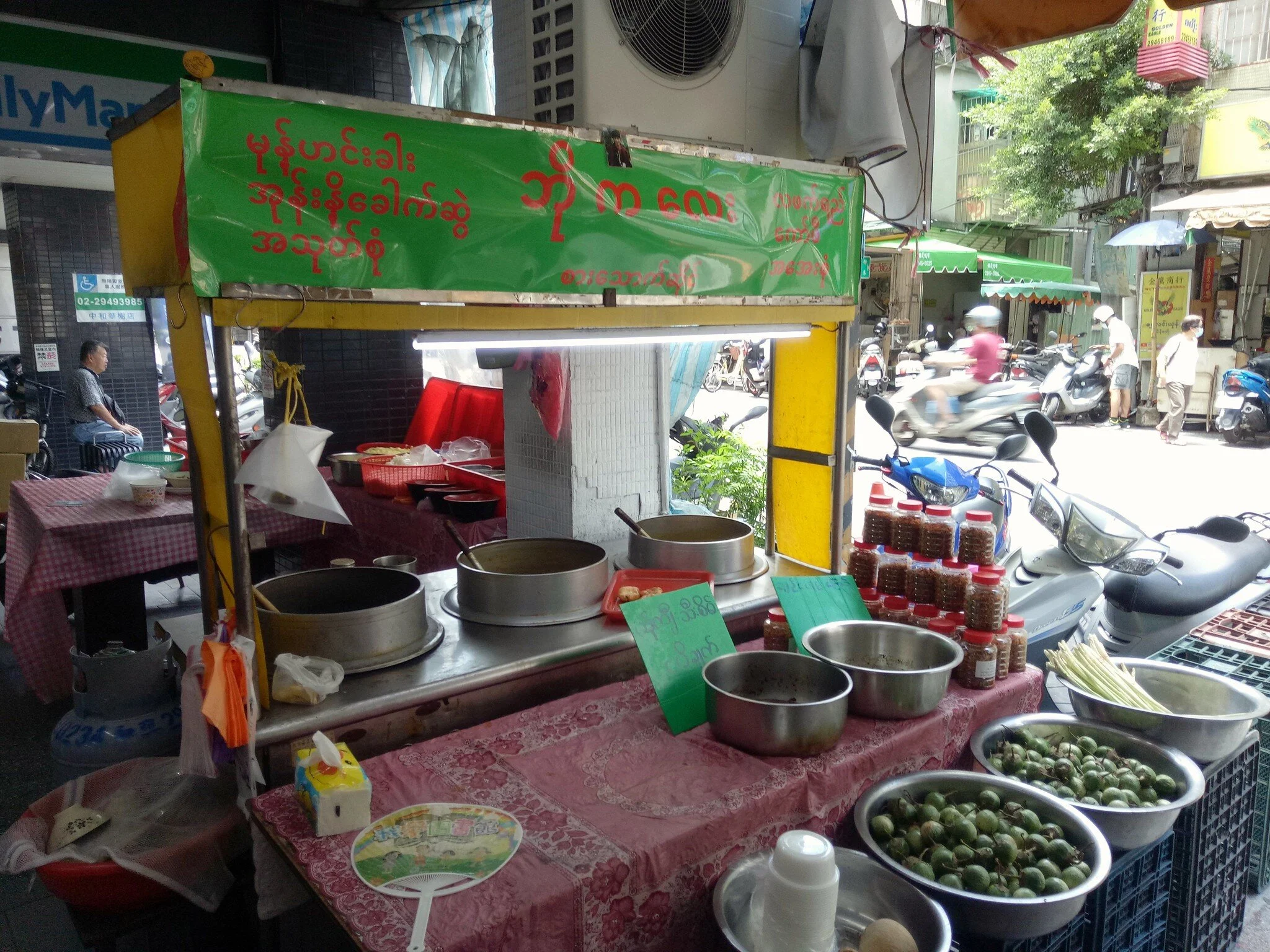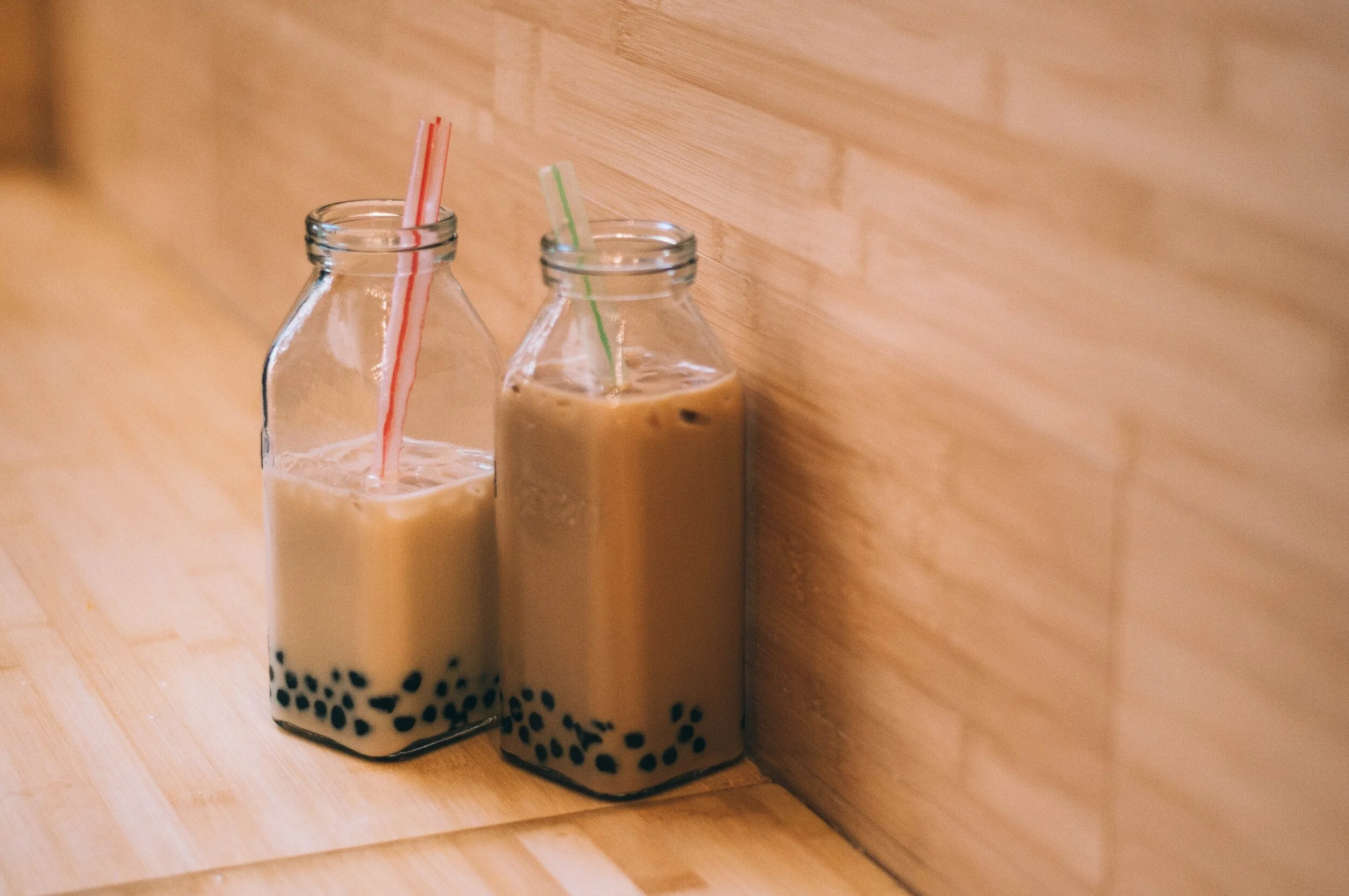Wheaten foods play an important role in the everyday life of Taiwanese people. However, the mass introduction of wheaten foods to Taiwan and even Taiwan’s own domestic production of flour are fairly recent phenomena. Why did Taiwanese begin integrating large quantities of wheaten foods into their diet? The answer to this question is intimately linked to U.S. aid. A story of food culture and U.S. Cold War cultural policy in Asia, this article features as part of our special issue: Encountering Everyday Life: Taiwan in Museums.
The Taiwan Gazette translates and publishes original reporting from Taiwan, Hong Kong and China. Our goal with the platform is simple: We want original reporting from the Sinosphere to have a wider impact on global civil society.





















